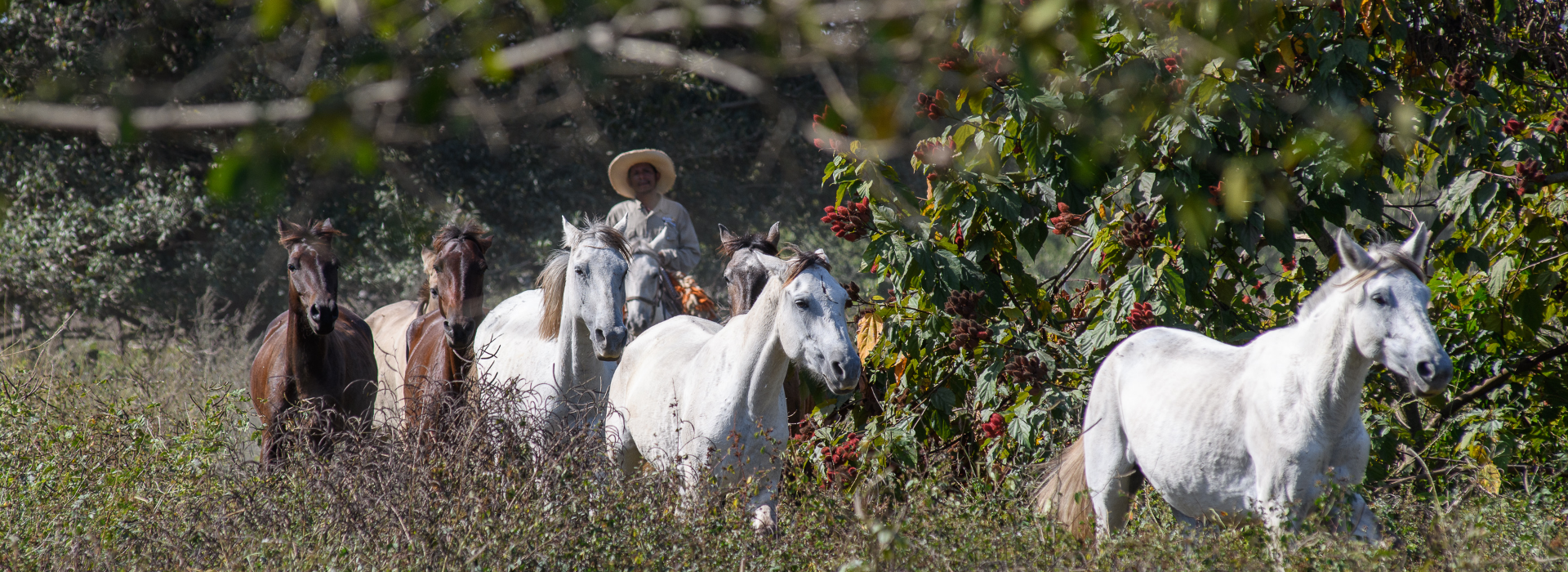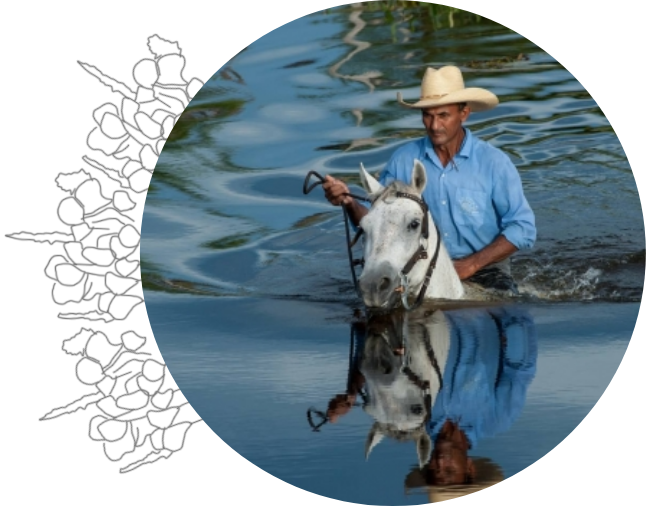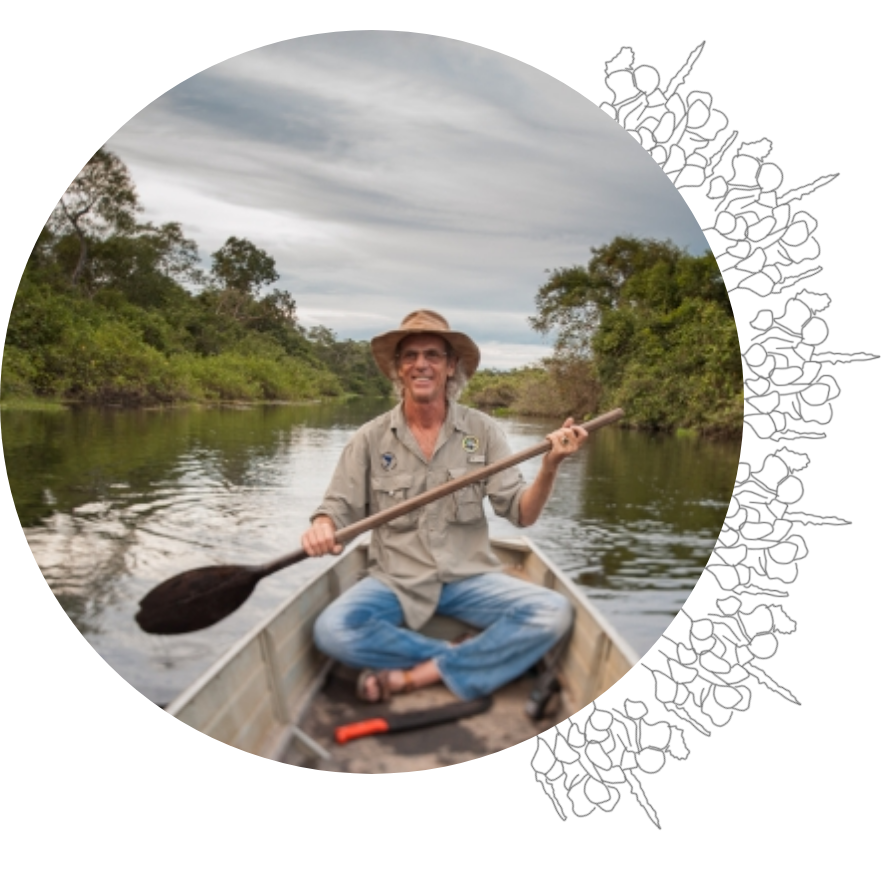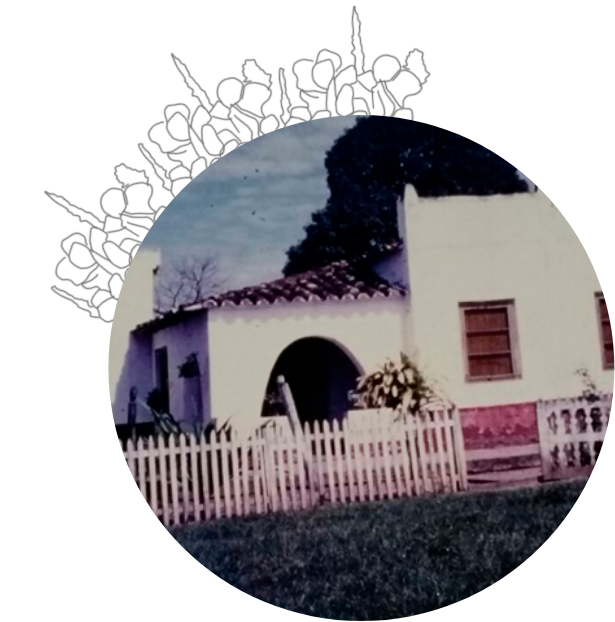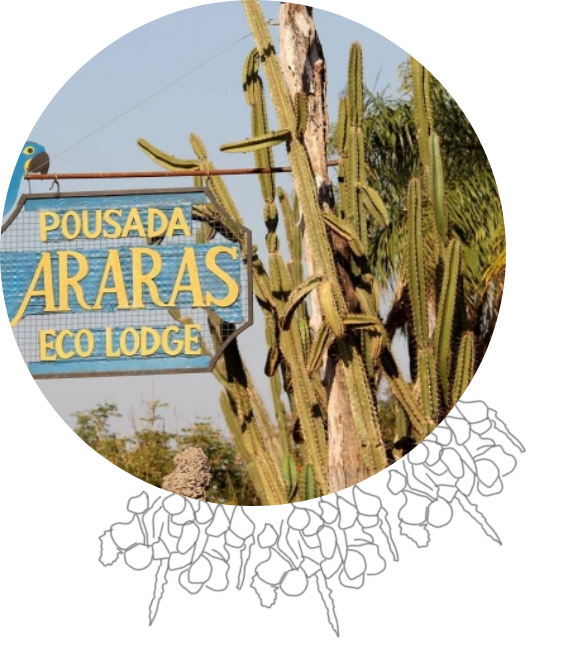We have been involved with nature tourism (Expeditions, Eco-Tourism) since 1974, being acknowledged as pioneers in Brazil, in this activity. I started exploring the Marajó Island, on the Amazonas river delta, and included the whole extension of the Amazonas river, until Tabatinga, frontier with Peru. In Pantanal, we have been present since 1976. For having had the experience in inbound tourism at the time of Expeditours in Rio de Janeiro, experience in the outbound tourism as owners of Brasitour in Belgium (Main outbound operator to Brazil from that Country) and having been awarded with several trophies and mentions such as Opaxoré (BA), Selo Verde (dia da terra 92 – SIGMA), tourism highlight (Folha do Turismo 92), among others, we have the conviction of being able to offer the Safety and Quality of services that our visitors deserve.
In a 1987 report ordered by OEA, ECO-TOURISM was identified as one of the most promising and possible options of sustainable development for the regions of Legal Amazon and Pantanal.
In 1992, with the conduction of RIO 92, the eco-tourism theme started having a certain visibility in the Country, and the first “green tourism” product manual was produced, organized by our company and operator EXPEDITOURS, aiming at presenting the participants of this worldwide encounter with a scenario of Brazilian possibilities, in this sector of national tourism.
At RIO 92, and in acknowledgement for its pioneering, EXPEDITOURS was awarded with the AÇÃO VERDE diploma, for the implementation of the concepts and of the eco-tourism routes in our Country, in favor of our environment.
In 1994, EMBRATUR gathered a selected group of people from the governmental, environmental and tourism areas, and created the BRAZILIAN ECO-TOURISM GUIDELINES, defining the concepts of this activity.
Eco-Tourism, or Ecological Tourism, or Responsible Tourism, is: The touristic activity that preserves the nature and culture of the visited places, while sharing environmental awareness and creating harmony between visitor and visited area, thus leading to the well-being of all the parties involved.
